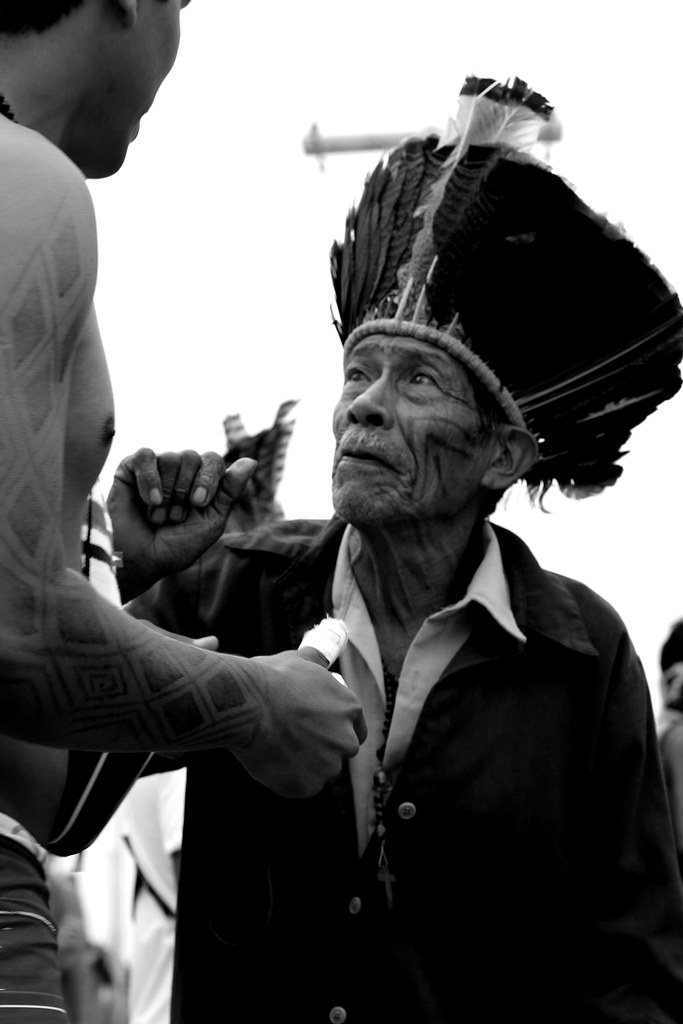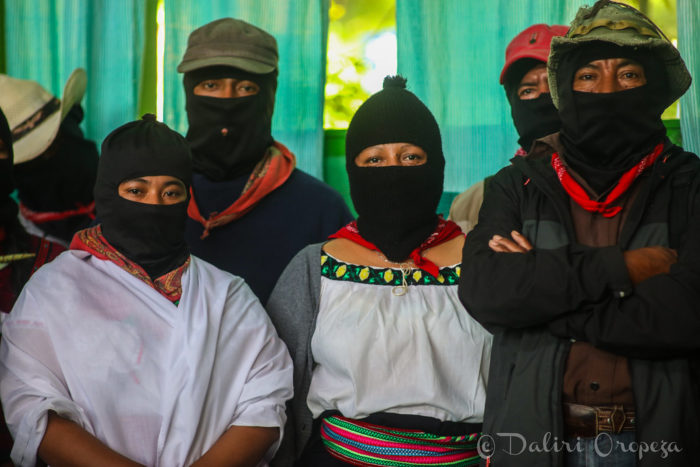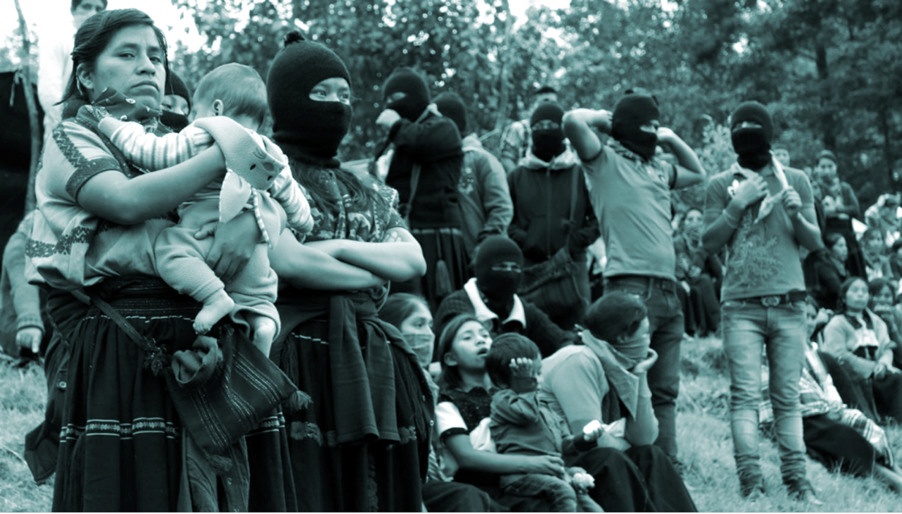This important article was originally published in Spanish in August 2019 (read the original here). Cristina Flores has translated it for LAB as a contribution to our ongoing project Voices of Latin America, represented by our book of that name, and the ongoing website which continues the work of the book.
There is life and struggle beyond elections. In our countries (Argentina and Uruguay), from the media spotlight to the conversations between social movement activists, everyone is focused on the next elections, with the hope that, this time, there will be change. Although we know that these changes do not come from above and that the real changes are the ones we have built from below, from time to time we allow ourselves to be distracted by the fireworks of the elections. We begin to dilute our power to make change from below, and instead start to delegate power upwards…
Real changes are the ones we have built from below
Who would have known that this year the ‘Whasek’ Wichi Indigenous Community Guard was created in Chaco, Argentina? Who knew of the creation of the Autonomous Territorial Government of the Wampis Nation, in northern Peru, a path to autonomy that three other Amazonian peoples are now beginning to take?

How many media outlets have reported that the Mapuche people of southern Chile have recovered 500,000 hectares through direct action since the 1990s, when the restored democracy cornered them with the application of anti-terror laws inherited from the Pinochet dictatorship and applied equally by progressive and conservative governments?
Where can we read about the tremendous struggle of the Tupinambá people in southern Bahia, Brazil, who in a few years recovered 22 farms, thousands of hectares, despite the repression and torture of their leaders?
When will we take the time to comment on the victory of the 30 communities in Molleturo (Azuay, Ecuador) who managed to stop the invasion of Chinese mining company Ecuagoldmining after setting fire to its headquarters? Who speaks of the recent victory of peasants across the Tambo Valley over copper mining in Tía María, in southern Peru?
Now we see how the Mayan peoples of southern Mexico, organized as the Zapatista Army of National Liberation (EZLN), went on the offensive and broke the Mexican government’s military siege on the self-proclaimed ‘Fourth Transformation’, creating seven new ‘caracoles’ and four autonomous municipalities, bringing the total to 43 Zapatista self-governed spaces in that region. The government of Andrés Manuel López Obrador (AMLO) saluted the new autonomous Zapatista municipalities and granted ‘their approval’. We do not know how the Zapatistas will answer, but we do know that in all the years in which they have been building their autonomy within the insurgent territories where they are based, they have never looked for or acknowledged government approval.
The San Andrés Agreements signed in 1996, which recognized the autonomy of indigenous peoples throughout Mexico, were denied and betrayed by each successive government; this did not prevent the growth of autonomy in Zapatista territory and in dozens of indigenous autonomous municipalities across the country. More than just formally recognising these processes, the AMLO government could well implement the San Andrés Agreements and let indigenous autonomy continue to flourish instead of strengthening the police and military encirclement that communities in rebellion, such as the indigenous communities of Chiapas, both Zapatistas and non-Zapatistas, have come to denounce.

For us, all this gives us the greatest joy and fills us with enthusiasm and hope, as these events and movements confirm our ability to build our own systems of health and education, our own living spaces and our own structures for justice, through autonomy and through the power that we create outside of the state.
The Zapatistas have managed to break the siege that tens of thousands of soldiers have maintained since the January 1, 1994 uprising, when the government decided to mobilize half of its troops to encircle and surround the autonomous Zapatista rebel communities. How did the Zapatistas manage to multiply, break out of the siege and build more new worlds?
As those at the bottom always do: “Comrades of all ages have mobilized to speak with other sisters with or without organization”, explained Subcomandante Insurgente Moisés in his last statement. Women and young people are the ones who talk to their peers from other communities, not to convince them, because the oppressed and their fellow oppressed know what they are, but to organize themselves together; to govern themselves together.
Through this silent mobilization among those at the bottom, they saw that government charity (what they pompously refer to as ‘social policies’ when in fact it is nothing but counterinsurgency) hurt dignity because of the contempt and racism that it implies. New worlds are born through contagion and necessity, without following the instructions in the party manuals, nor the pre-determined recipes of old or new leaders.
The most beautiful faculty of the revolutionary is to feel, in the depths of our being, any injustice done to anyone, anywhere in the world.
Che Guevara
How did we lose the “most beautiful faculty of the revolutionary”, that of feeling “in the depths of our being, any injustice done to anyone, anywhere in the world”, as Che said? Why shouldn’t we feel happy when, anywhere in the world, the underdogs put their dignity as a shield between themselves and the powerful, erecting other worlds, as the Kurds have done in northern Syria?
We militants need to reform our senses and feelings of life, to rediscover our own fires and to resume the struggle beyond the fireworks of elections, to trust our own power again and to self-govern far from the State, de-alienate and decolonize ourselves to walk together, not in front of each other, but marking lines, shoulder to shoulder with the rebellions that continue (re)emerging from below throughout Our America.
Raul Zibechi is a Uruguayan political scientist and has worked for more than 20 years with popular and autonomous social movements across the continent.
Cover image: 20th Anniversary of the National Indigenous Congress – Zapatistas. Oventik. October 2016 (Photo: Daniel Lazo Cerón)

